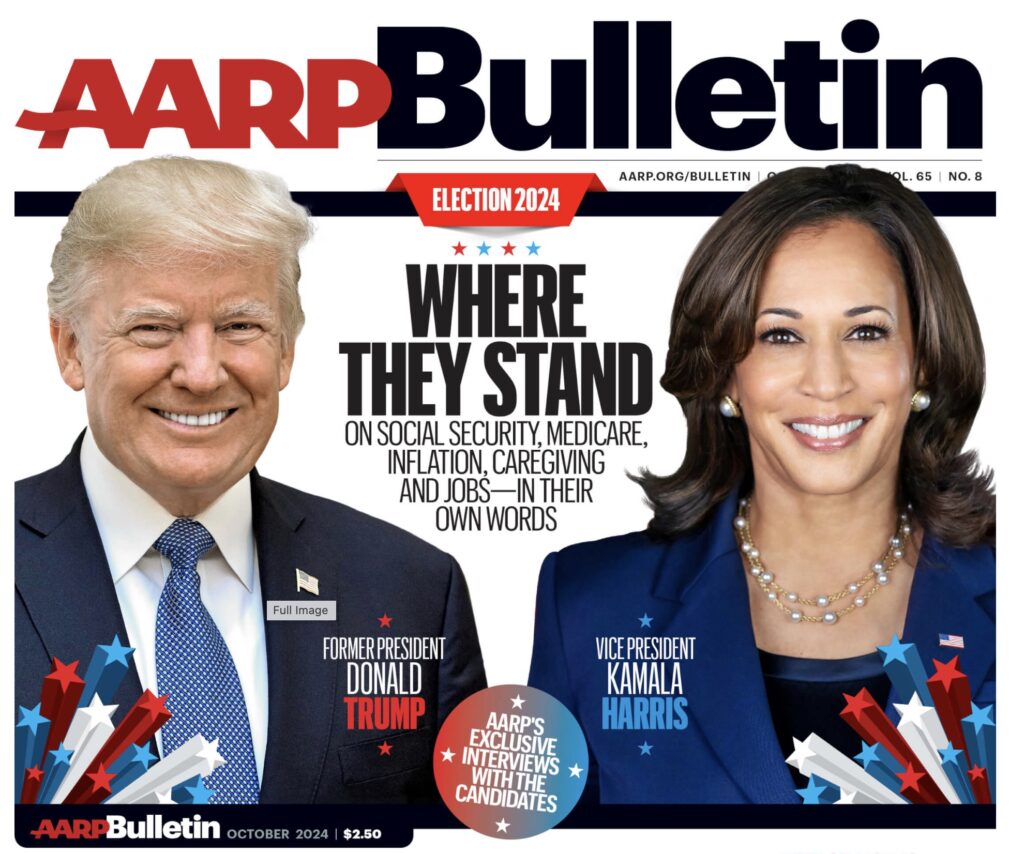Trump is a fascist.
Period. Full stop.
That what John Kelly, Trump’s longest-serving Chief of Staff, said. As if that wasn’t enough, Kelly added that Trump often spoke positively of Hitler and wished our generals were more like Hitler’s.
“Trump is a total fascist.”
That’s what retired General Mark Milley, the former chairman of the Joint Chiefs of Staff in the Trump administration, said. For good measure, he added that the former president “is now the most dangerous person to this country.”
In case you’re wondering, a fascist is someone who: “exalts nation and often race above the individual, that is associated with a centralized autocratic government headed by a dictatorial leader, and that is characterized by severe economic and social regimentation and by forcible suppression of opposition.”
Trump is viewed as a fascist because these are the ideals he aspires to, as repeatedly evidenced by his own words and actions — most recently with his comments referring to people such as Adam Schiff and Nancy Pelosi as the “enemy within” and promising he would punish them if he is elected.
Other members of the former President’s staff have chimed in to support Kelly’s and Millley’s assessments. These are not partisan attacks. These are heart-felt beliefs from people who worked with Trump and knew him best.
Trump’s defenders, as per usual, are trying to gaslight the country — telling them that Trump didn’t really say what he clearly said. It’s not working.
Vice President Harris has picked up this baton and is now running with it — stating that Trump is indeed a fascist.
This is shaping up to be her closing argument.
There is debate as to whether or not this is the best strategy. I believe it is definitely the right way to go.* However, it requires more than just name-calling. You have back it up with convincing evidence that Trump is truly the danger to this country that the label implies. I obviously believe you can.
Trump stands exposed. And Americans have a clear choice. Either you vote against Trump because you are against electing a fascist as President, no matter what your other policy preferences might be — or you’re okay with, and perhaps even prefer, the leader of our country be a fascist. Harris is correct to frame the stark choice this way.
Shockingly, given the lunacy of Trump supporters, I expect most of them will go with the latter. But surely there must be enough sane voters left to hand victory to Harris. If I am wrong, then I despair for the future of this country.
Addenda
* I don’t mean to suggest that the economy is irrelevant to how people vote. It obviously isn’t. As this New York Times article makes clear, many working class voters continue to view it as the decisive factor:
“Working people worry much more about payday than they do Jan. 6. Fair enough: But why turn to a lying, abusive billionaire to help them solve their economic problems? Their explanation is simple. Times were good when Trump was president.”
I could argue that they are wrong to not worry about Jan. 6. If Trump truly becomes a dictator, they won’t see a return to the country they yearn for. And I could argue that Trump isn’t likely to lead the way to a better economy in any case (most economists worry much more about a coming Trump economy than a Harris one).
But evidence suggests this will likely fall on deaf ears. Which is my point. At this stage of the campaign, Harris is unlikely to gain many new votes with a sole emphasis on her already-stated economic plans. The voters interviewed in this article are so obviously committed to Trump that nothing Harris could say about the economy would change their vote. My cynical self suspects that many of these people would be in Trump’s camp even if they felt Harris would be better for the economy. They are his “base.”
So yes, Harris should continue making her economic case. But I firmly believe that the primary hope for shifting any remaining votes is to stress the danger to democracy that Trump poses.
Update: October 27: New York Times columnist Janelle Bouie agrees with our assessment here, writing: “To my mind, it is now the only story worth telling about the 2024 presidential election. It should be the only thing Americans talk about between now and Nov. 5. And every one of Trump’s allies and surrogates should have to answer the question of whether or not they agree that their boss is a “fascist to the core,” as Milley put it.“

